
Budget 2026: why advisers should revisit every client plan
From CGT thresholds to small business tax and foreign allowances, Ronald King identifies the changes that could materially reshape financial plans.

From CGT thresholds to small business tax and foreign allowances, Ronald King identifies the changes that could materially reshape financial plans.
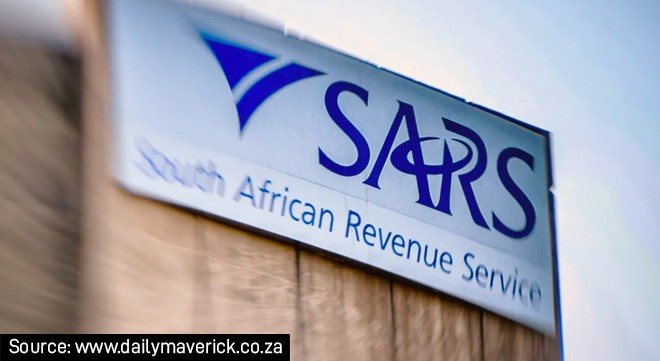
Just a year after the Constitutional Court barred post-agreement interest remission in voluntary disclosure cases, Treasury proposes legislation to allow it.
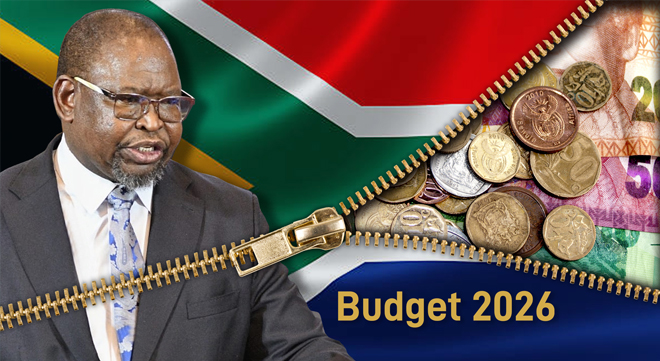
The tax regime for small and micro-businesses will also be adjusted for inflation.
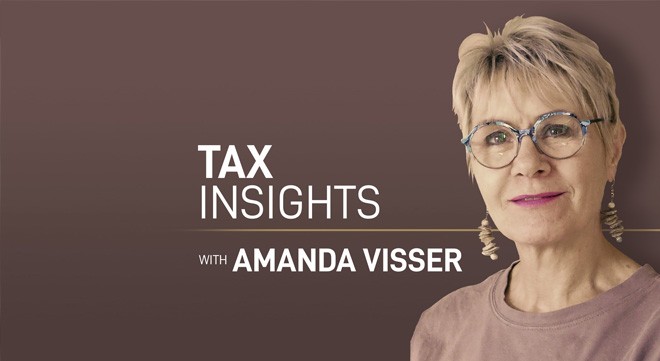
Advocates say including certain chicken products in the zero-rated food basket will directly benefit poorer households that rely on bone-in cuts and offal.
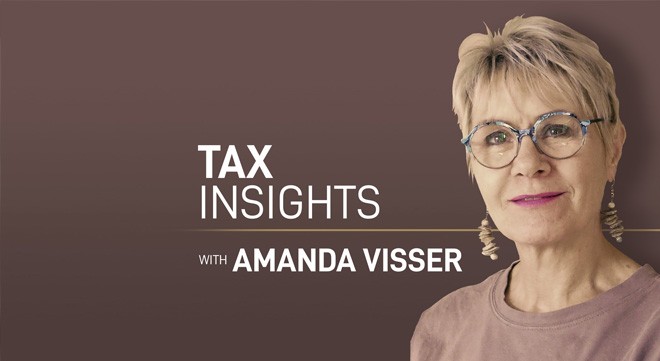
Modern contract interpretation permits surrounding circumstances to explain contractual meaning – undermining SARS’s argument that extrinsic evidence is inadmissible.
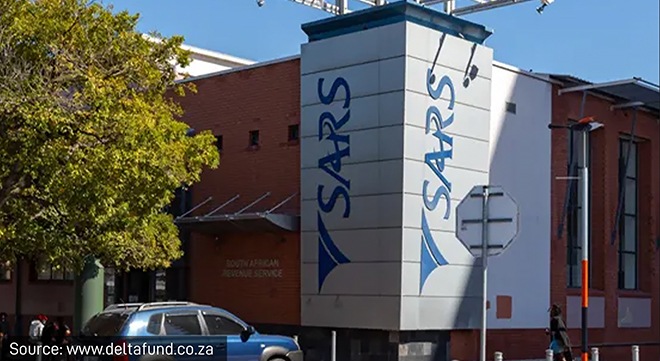
A High Court ruling confirms that SARS must honour lawful settlement agreements and cannot rely on internal systems or administrative hurdles to escape binding terms.
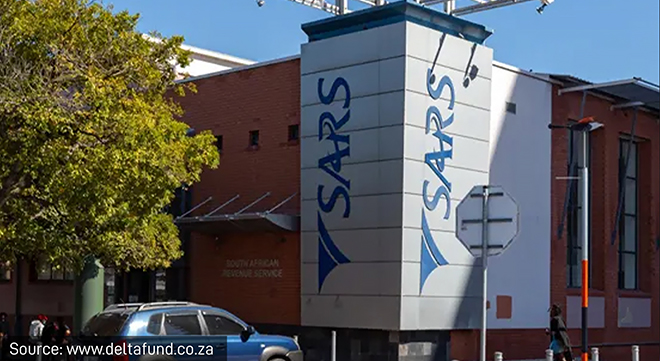
The conviction highlights ongoing investigations under Project Blue Lights into systemic tender manipulation and corruption within the police service.
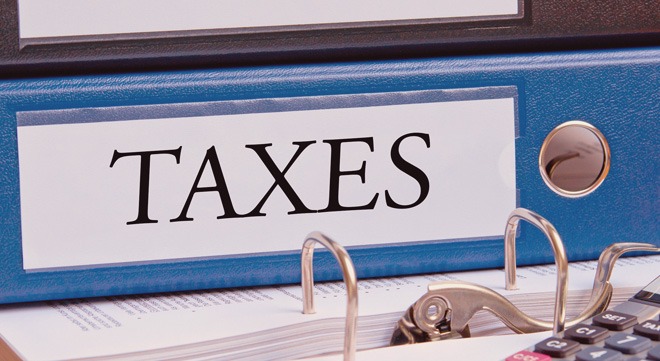
PwC finds a downward trend in penalties and verification risk. Yet corporate taxpayers continue to voice concerns over consistency, fairness, and accessing SARS support.
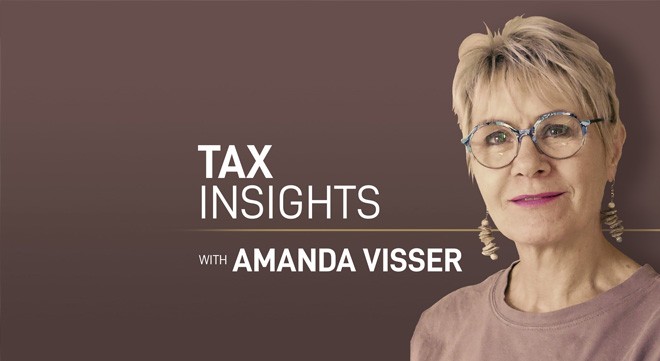
The MTBPS raises the 2025/26 gross revenue estimate by R19.7bn but warns of a R15.7bn shortfall against Budget estimates for 2026/27.
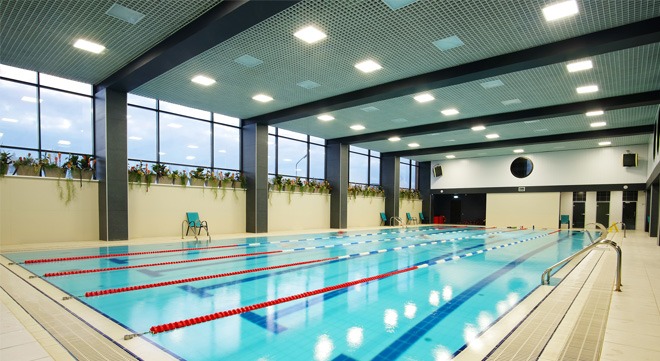
VAT-registered schools will have to deregister from 1 January 2026, but the deemed output VAT on retained assets will only be payable the following year.
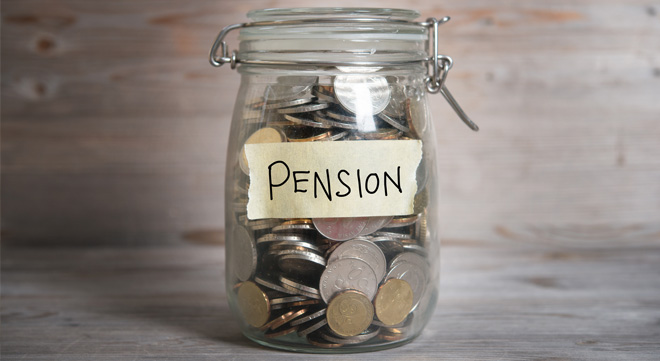
Although the amendment will not proceed, Treasury remains concerned about double non-taxation and will re-engage with the industry to find a balanced approach.
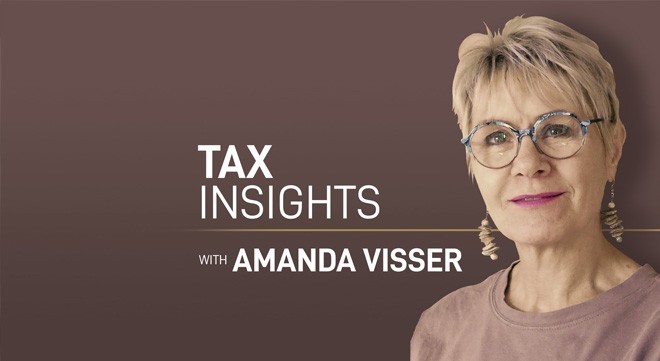
ISASA says there has always been a distinction between exempt (educational) and taxable (commercial) supplies.
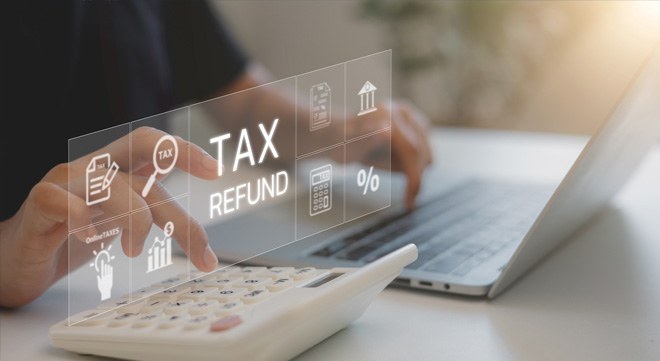
Every rand overpaid to SARS is an opportunity cost. Allocate refunds to debt repayment, savings, or retirement contributions for greater long-term benefit.
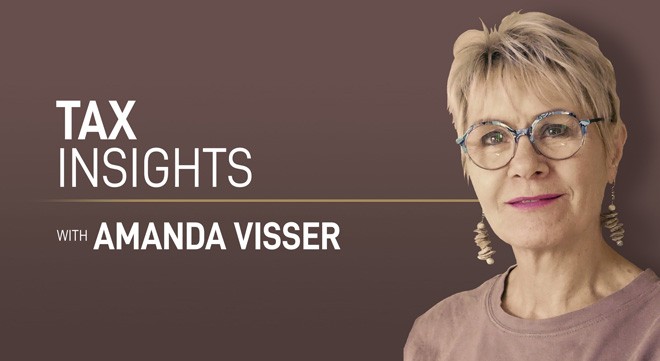
The amendment treats foreign pension benefits like other residence-sourced income, shifting the retirement planning landscape for South Africans who worked overseas.
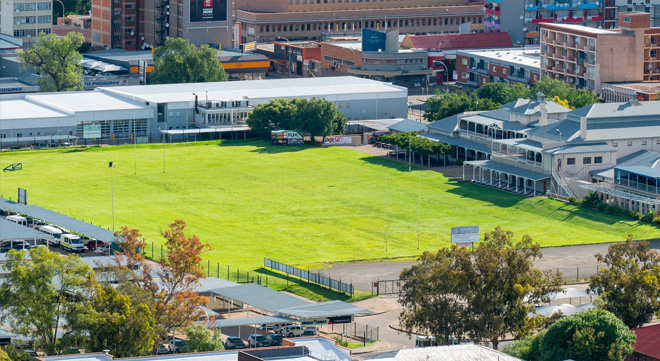
The proposed blanket exemptions for goods and services supplied by schools will force VAT-registered schools to deregister and lose input-tax recovery.
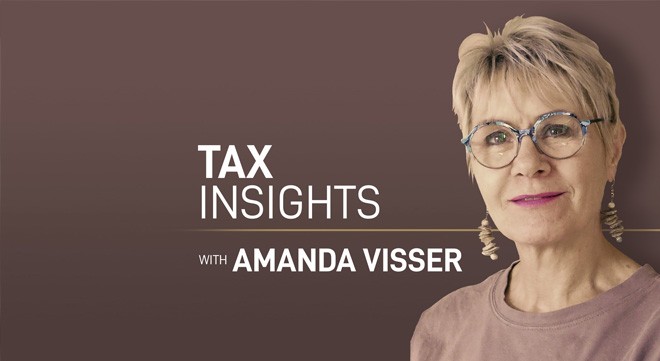
Tax specialists say stagnant thresholds have the opposite effect of policy aims – instead of freeing SMEs to scale up, they incentivise remaining under the threshold.
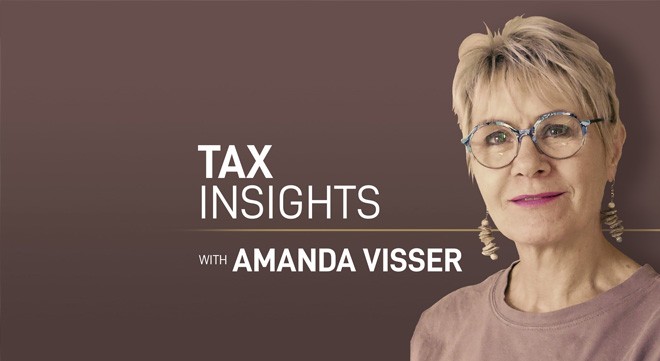
Supreme Court rejects SARS’s argument that the expert’s opinion was tainted by self-interest because of the fee he would earn.